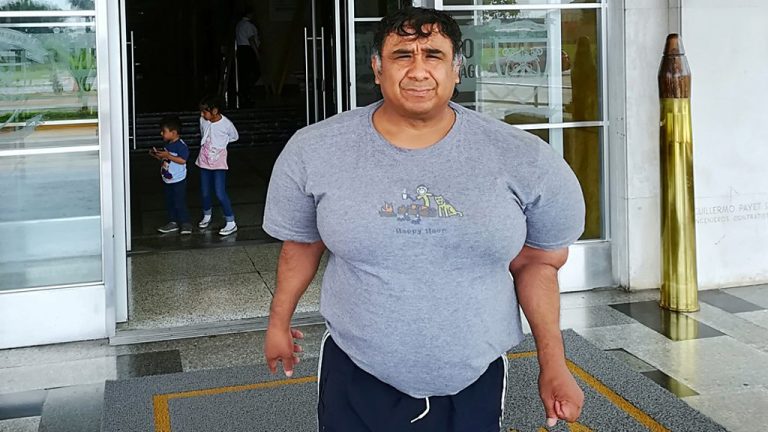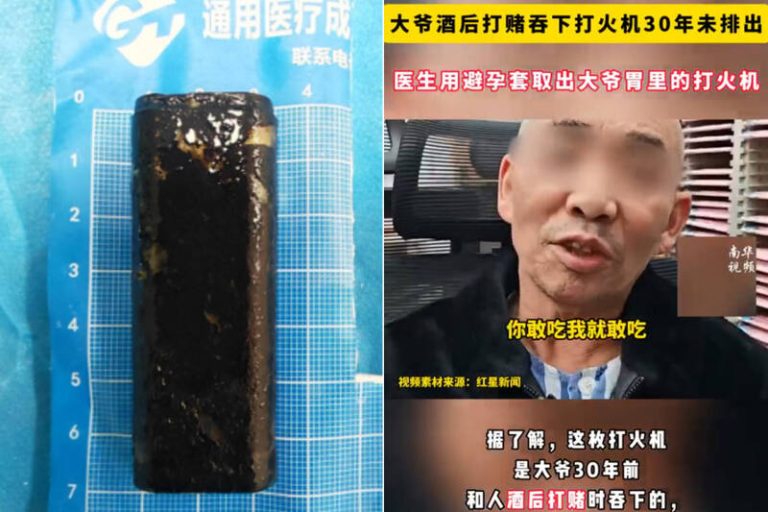Carlos Henrique Raposo, aka Carlos Kaiser, is a Brazilian former football player known primarily for having a decade-long career without actually playing a single game.
As children, most people grow up dreaming of one day becoming sports champions, despite an obvious lack of athletic abilities. Most of us realize this to be nothing more than an impossible dream and move on, but a few still manage to find ways of making their goal a reality, by any means necessary. This is the story of Carlos Henrique Raposo, a Brazilian athlete who “wanted to be a footballer, but did not want to play football”. Believe it or not, he managed to be just, playing for top-ranked Brazilian and international clubs for over a decade. ‘Playing’ may not be the right word, though, as he never actually played an official game in his entire 12-year-long career.
Carlos Kaiser – nicknamed earned due to his alleged resemblance to German football legend Franz Beckenbauer – always knew that he had the physique of a professional football player, but not the necessary talent and skills to make the roster of top football clubs, so he relied on a variety of tricks to build himself up as this great player that every team was after.

Photo: Tobias Flyckt/Unsplash
Raposo started his youth career at Botafogo, before moving to one of Brazil’s most popular clubs, Flamengo. In 1979, during a training session, he impressed the scouts of Mexican club Puebla, and spent a few months overseas, before being released without playing a single official game. It was upon his return to Brazil that his great charade began.
What Carlos Kaiser lacked in athletic ability, he more than made up in social skills, befriending a number of high profile players at various clubs, as well as journalists, all of whom he used as a network to facilitate transfers and build up his image without ever taking to the field in official games.
Carlos would begin his ruse by signing short contracts and stating from the beginning that he needed to work on his fitness to become match-ready. This gave him about five weeks to impress the team staff in physical training, where he would truly shine. In team practice games, he often faked hamstring injuries to hid his poor skills, and if teams wanted to investigate further, he had a dentist who always confirmed that he had a focal infection.
Such rudimentary deception tactics wouldn’t work nowadays, but you have to keep in mind that technology in the 1980s didn’t allow clubs to verify whether players were faking injuries or not. Thus, Carlos Kaiser managed to spend several months at a club without setting foot on the pitch in official games. But this was only part of his con.
The untalented footballer would also rely on journalist friends to hype himself up with fake articles about what a wonderful player he was. One article claimed that he had played so well at Puebla that he was invited to become a Mexican citizen, while another claimed he had been a top goalscorer for French team Gazalec Ajaccio, where he allegedly played for eight seasons. Raposo’s friend, Fabio “Fabinho” Barros, who actually played four seasons at the French club, later confirmed that he had never even been to Corsica.
Another way that Carlos Kaiser hyped himself up was to use toy cell phones to fake conversations in foreign languages and reject made-up transfer offers in public. He once used photos of himself wearing an Ajaccio jersey that his friend Barros had given him, and a fake identification card to improve his CV as a football player.
The only time when Carlos Kaiser was actually close to having to take the field, was during his time at Brazilian club Bangu. Tired of seeing him training all the time, but never actually playing, club patron Castor de Andrade instructed the coach to put him in, regardless of his physical condition. While warming up, Kaiser started looking for ways of avoiding play and found his saving grace in the opposing team’s supporters.
Seeing a group of supporters verbally abusing his teammates, Carlos Henrique Raposo rushed straight to them and got into a fight, for which he immediately received a red card, before actually setting foot on the pitch. When confronted by Andrade, Raposo made up a story that the opposing team’s supporters had called the patron a thief, and he was only defending his honor. He allegedly got a six-month contract extension for it…
During his unbelievable career, Carlos Kaiser was registered at several prominent Brazilian football clubs, including Vasco Da Gama, Independiente, Fluminense and Flamengo, but he never actually played an official game for any of them.
Carlos Henrique Raposo’s footballing career was so unbelievable that it inspired both a book and a popular documentary, both titled Kaiser! The Greatest Footballer Never to Play Football.
While completely unrelated, Raposo’s movie-worthy charade reminded us of another incredible con we featured a few years back, that of an Italian man who spent years brushing shoulders with European royalty by impersonating a Prince of Montenegro.












